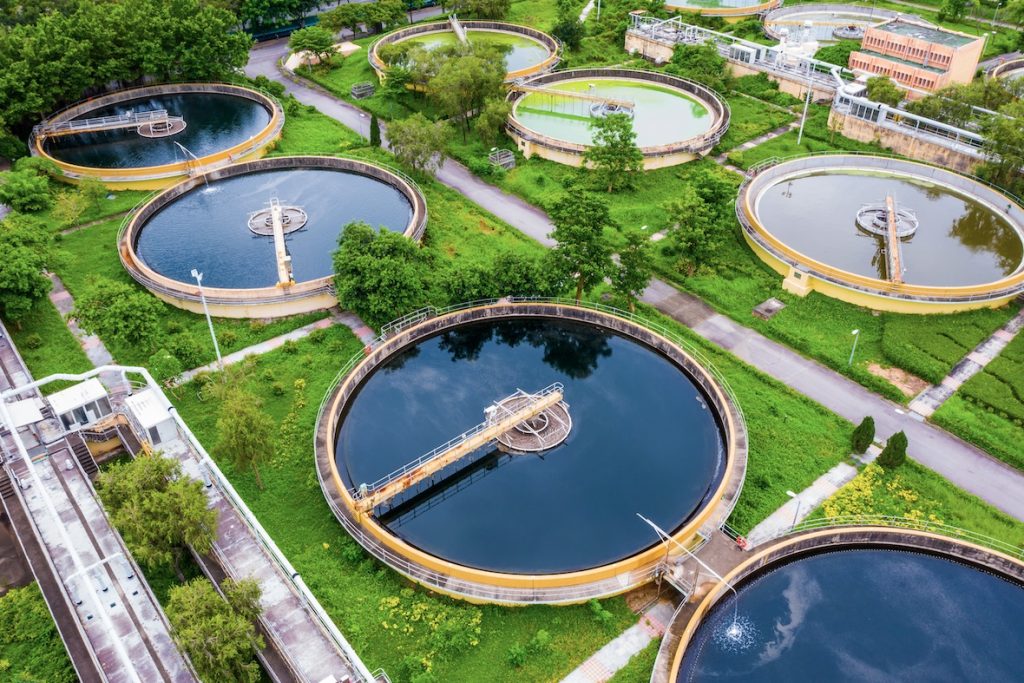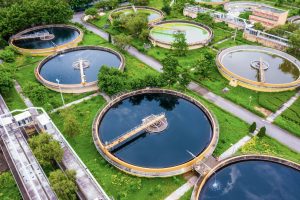The intersection of circular economy principles and wastewater reuse is revolutionizing how industries and communities approach resource management. The circular economy, a model aimed at minimizing waste and making the most of resources, aligns perfectly with the concept of wastewater reuse, which involves treating and repurposing used water for various applications. This synergy promises numerous benefits, including resource conservation, environmental protection, and economic savings. In this article, we explore how these two concepts create a winning combination and offer sustainable solutions to contemporary environmental challenges.
The Importance of Circular Economy
The circular economy represents a shift from the traditional linear model of production and consumption, which follows a 'take, make, dispose' ethos. It focuses on resource efficiency, waste reduction, and the long-term health of ecological systems. In a circular economy, the emphasis is on keeping products, components, and materials at their highest utility and value at all times. This is achieved through designing for longevity, reusability, and recyclability, while also encouraging innovative business models like product-as-a-service and collaborative consumption.
This approach has gained traction as it addresses critical issues such as resource scarcity, environmental degradation, and economic instability, paving the way for sustainable development. By prioritizing resource loops and renewable inputs, the circular economy contributes to a resilient future.
The Role of Wastewater Reuse
Wastewater reuse is the process of collecting, treating, and reusing sewage or industrial wastewater for beneficial purposes. This can include irrigation, industrial processes, toilet flushing, and even potable water production in some regions. The concept not only helps conserve water but also reduces the burden on water treatment facilities and minimizes the environmental impact of discharging untreated wastewater.
The benefits of wastewater reuse are substantial, including:
- Reduced demand for fresh water resources, thus maintaining natural water cycles.
- Decrease in pollution levels due to less wastewater being released into natural water bodies.
- Enhanced water security, particularly in arid regions facing water scarcity.
- Potential economic savings from reduced water purchase and lower wastewater treatment costs.
The Synergy Between Circular Economy and Wastewater Reuse
The integration of circular economy principles with wastewater reuse can lead to a powerful synergy that amplifies the benefits of both approaches. Here, the focus is on maximizing resource efficiency while minimizing environmental impact, creating a sustainable loop in resource management.
By treating wastewater as a resource rather than waste, industries can implement closed-loop systems where water is continuously treated and reused within the industrial operation. This reduces dependency on external water resources and lowers the environmental footprint. Businesses can also explore water recovery technologies, as well as innovations in bioenergy and nutrient recovery from wastewater, which align with circular economy goals.
Moreover, the economic viability of wastewater reuse projects is enhanced through the lens of a circular economy. By decreasing raw material and disposal costs and creating value from resources once considered waste, companies can significantly boost their bottom line while improving their environmental and social responsibility.
Challenges and Solutions
Despite the numerous advantages of combining circular economy and wastewater reuse, challenges remain. Public perception and regulatory barriers can hinder widespread adoption, as can technical limitations in treating certain types of wastewater to the necessary standards for reuse. However, there are actionable solutions to these obstacles:
- Public Awareness and Education: Increasing awareness about the benefits of wastewater recycling can foster community support and drive demand for innovative water management solutions.
- Policy and Regulatory Support: Governments can play a pivotal role by implementing supportive policies that incentivize water reuse and provide clear guidelines and standards for treatment processes.
- Technological Advancements: Investments in research and development can lead to advancements in treatment technologies, making them more efficient, cost-effective, and capable of handling a broader range of contaminants.
- Collaborative Partnerships: Partnerships between the public and private sectors can help pool resources, share knowledge, and drive the implementation of successful wastewater reuse projects.
Case Studies and Success Stories
Throughout the world, several successful cases exemplify the synergy between circular economy principles and wastewater reuse:
Singapore's NEWater: Singapore has become a global leader in water reuse through its NEWater initiative, which treats and purifies wastewater to a high degree of excellence. This reclaimed water is used for both industrial and potable purposes, significantly reducing the nation's reliance on imported water.
California's Purple Pipe System: In response to persistent droughts, California has implemented the 'purple pipe' system, which distributes treated recycled water for non-potable uses such as irrigation and industrial processes, conserving precious potable water resources.
Europe's Circular Cities: Numerous European cities are integrating circular economy and water reuse strategies within urban planning to enhance sustainability and resource efficiency. For instance, Amsterdam's efforts to recycle greywater for urban greenery and sanitation purposes demonstrate the potential of circular cities.
These examples illustrate the tangible benefits and feasibility of harmonizing circular economy and wastewater reuse strategies, paving the way for broader adoption worldwide.
Future Outlook
As environmental consciousness continues to grow, the integration of circular economy principles with wastewater reuse will likely become commonplace across industries and communities. Emerging technologies such as membrane bioreactors, advanced oxidation processes, and decentralized water treatment systems will enhance the potential of wastewater reclamation on a global scale.
Moreover, as regulatory frameworks evolve and more stakeholders recognize the value of sustainable water management, the barriers to the adoption of these innovative practices will diminish. This creates an exciting opportunity for businesses, governments, and individuals to collaborate in developing sustainable water solutions that support both economic growth and environmental preservation.
The circular economy and wastewater reuse represent a winning combination that addresses some of the most pressing challenges of our time. By embracing resource efficiency, reducing waste, and reimagining water management, societies can build a sustainable future that benefits both people and the planet.






More Stories
How wearable tech is promoting energy-conscious lifestyles
The intersection of blockchain and renewable energy markets
The role of drones in renewable energy infrastructure management